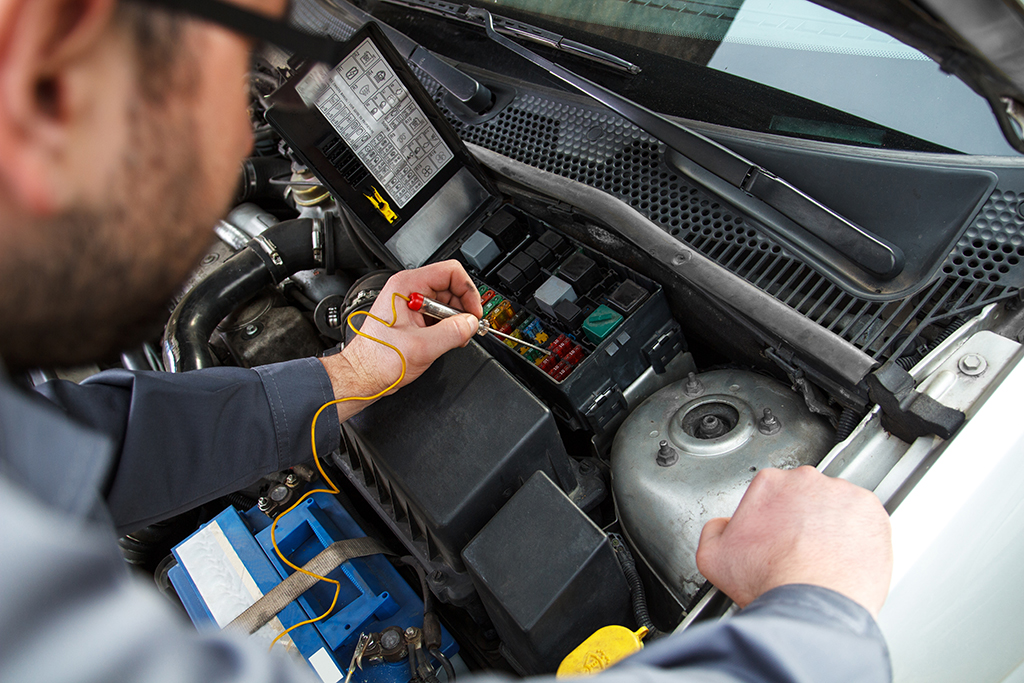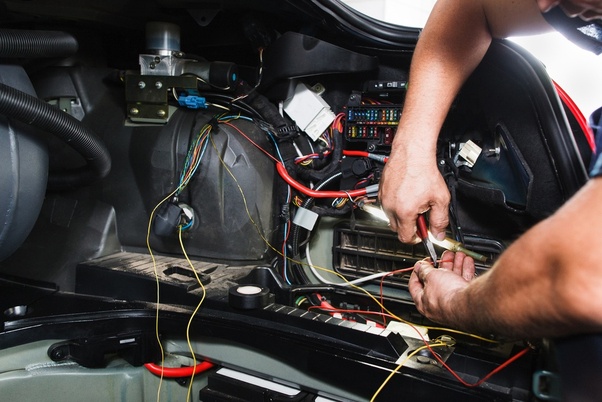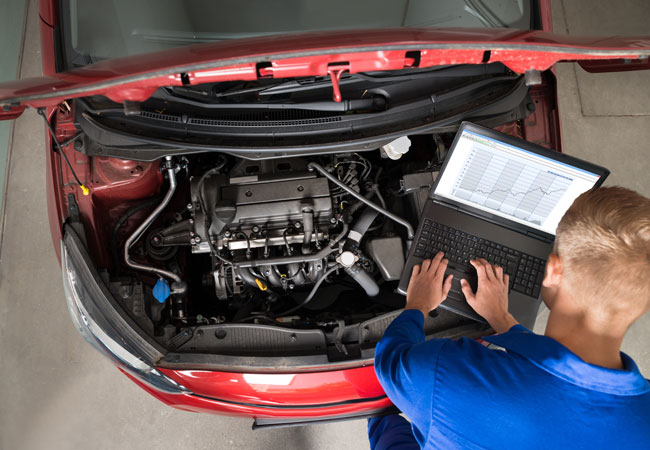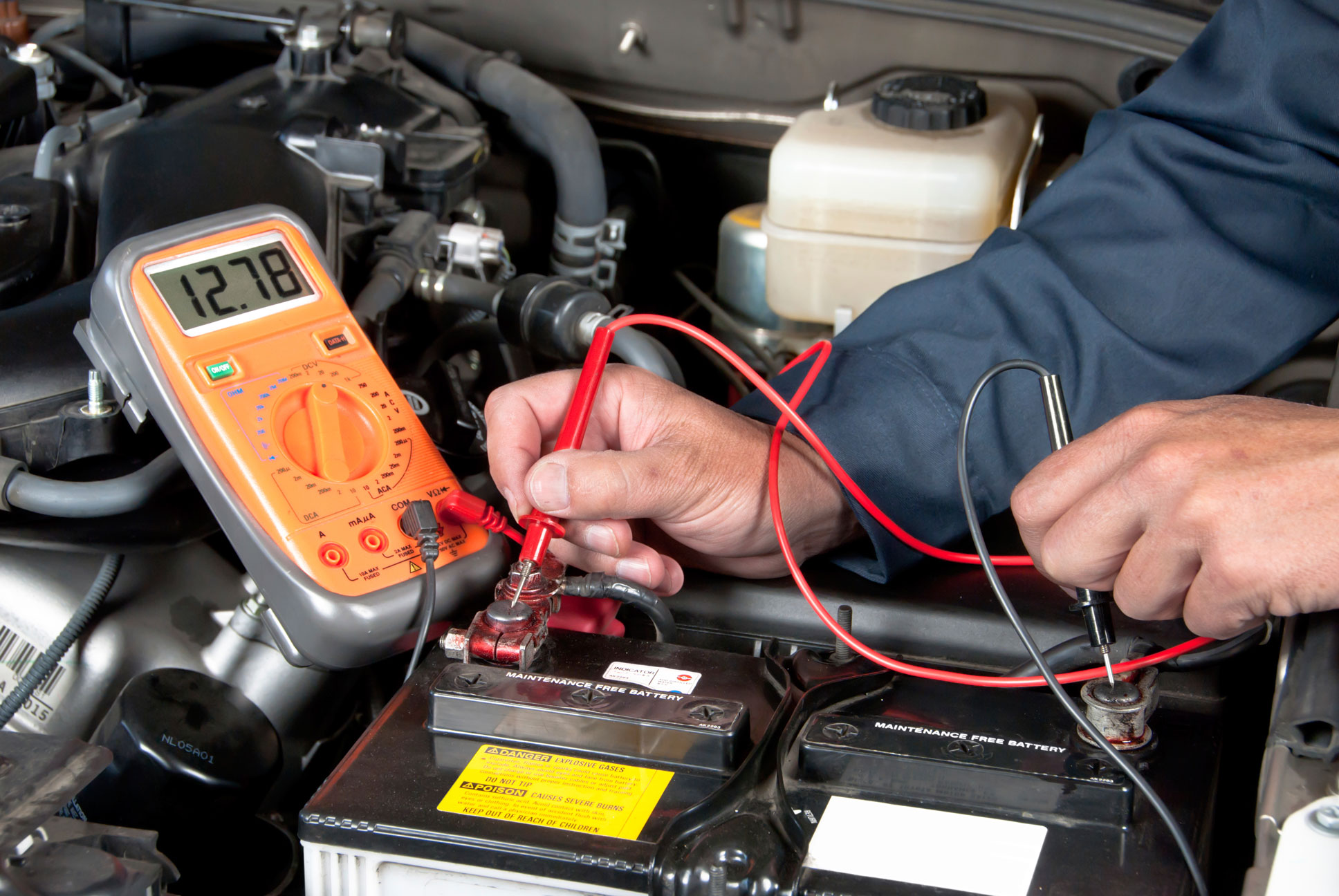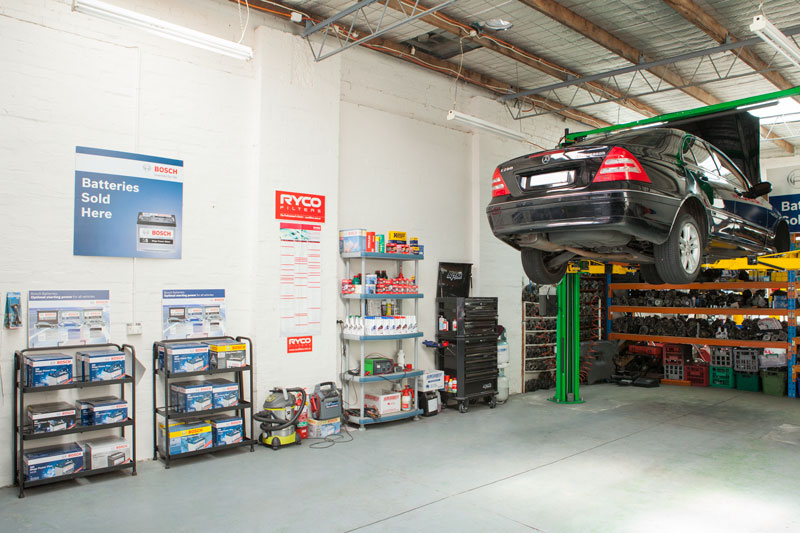Are you tired of being stranded on the roadside due to mysterious electrical issues with your car? Learn how to confidently fixing car electrical problems and take control of your vehicle’s maintenance. This comprehensive guide will equip you with the knowledge and skills to troubleshoot and resolve common electrical issues, saving you time, money, and frustration.
Understanding Car Electrical Systems
Before diving into specific troubleshooting techniques, it’s essential to have a basic understanding of how car electrical systems work. Modern vehicles rely on a complex network of electrical components to power essential functions such as starting the engine, controlling the lights, and operating electronic accessories. Key components include the battery, alternator, starter motor, fuses, relays, wiring harnesses, and various sensors.
Read too: Unveiling the Innovative Features of the Byd Dolphin Electric Car: Diving into the Future
Common Car Electrical Problems
- Dead Battery: A dead or weak battery is one of the most common reasons for electrical issues in cars. Symptoms include difficulty starting the engine, dimming headlights, and sluggish electrical accessories. The solution may involve jump-starting the battery, testing and replacing it if necessary, or inspecting the charging system for faults.
- Faulty Alternator: The alternator is responsible for charging the battery and providing power to the electrical system while the engine is running. If the alternator fails, the battery will not receive adequate charging, leading to a drained battery and various electrical malfunctions. Signs of a faulty alternator include dimming lights, warning lights on the dashboard, and a dead battery. Replacement of the alternator may be necessary to resolve the issue.
- Blown Fuses: Fuses protect electrical circuits from overloading and prevent damage to sensitive components. When a fuse blows, it interrupts the flow of electricity to the affected circuit, causing related systems or accessories to stop working. To fix car electrical problems caused by blown fuses, identify the faulty fuse using a fuse tester or visual inspection and replace it with a new one of the appropriate amperage rating.
- Faulty Wiring: Wiring issues can manifest in various ways, including intermittent electrical failures, shorts, and open circuits. Common causes of faulty wiring include corrosion, physical damage, poor connections, and rodent damage. Troubleshooting wiring problems may involve visual inspection, continuity testing, and repairing or replacing damaged wires and connectors.
Diagnostic Techniques for Car Electrical Problems
- Visual Inspection: Start by visually inspecting the battery terminals, cables, fuses, and wiring harnesses for signs of damage, corrosion, or loose connections. Look for melted insulation, burnt connectors, and exposed wires, which indicate potential issues that need to be addressed.
- Multimeter Testing: A multimeter is a versatile tool used to measure voltage, current, and resistance in electrical circuits. Use a multimeter to test the battery voltage, alternator output, continuity of wires and components, and voltage drops across connections. These measurements can help pinpoint the source of electrical problems and verify the effectiveness of repairs.
- Scan Tool Diagnostics: For more advanced electrical systems with onboard computers and sensors, a scan tool is indispensable for retrieving diagnostic trouble codes (DTCs) and accessing system data. Connect the scan tool to the vehicle’s diagnostic port (OBD-II port) and perform a comprehensive scan to identify any stored codes or underlying issues.
Fixing Car Electrical Problems
Now that you’ve identified the root cause of the electrical issue, it’s time to implement the necessary repairs:
- Battery Replacement: If the battery is dead or unable to hold a charge, replace it with a new one of the correct size and specifications. Ensure that the terminals are clean and properly tightened to prevent future issues.
- Alternator Replacement: If the alternator is faulty, remove it from the vehicle and replace it with a new or remanufactured unit. Follow manufacturer recommendations for belt tension and electrical connections to ensure proper operation.
- Fuse Replacement: Replace any blown fuses with new ones of the same amperage rating. Use a fuse puller to safely remove the old fuse and insert the new one into the corresponding slot.
- Wiring Repair: Repair or replace damaged wiring as needed. Use electrical tape, heat shrink tubing, or crimp connectors to secure and insulate splices and repairs. Ensure that all connections are secure and free from corrosion.
Preventive Maintenance Tips
To minimize the risk of future car electrical problems, follow these preventive maintenance tips:
- Regular Battery Maintenance: Keep the battery terminals clean and free from corrosion by periodically cleaning them with a wire brush and applying terminal grease to prevent oxidation.
- Scheduled Inspections: Perform regular visual inspections of the electrical system, including fuses, relays, wiring harnesses, and connectors. Look for signs of wear, damage, or deterioration and address any issues promptly.
- Avoid Overloading Electrical Circuits: Be mindful of the electrical load on your vehicle’s system and avoid overloading it with aftermarket accessories or high-power devices. Use relays and proper wiring techniques for additional electrical components.
- Professional Maintenance: For complex electrical issues or advanced diagnostics, consult a qualified mechanic or automotive technician. They have the expertise and specialized equipment to diagnose and fix car electrical problems effectively.
Conclusion
Mastering the art of fixing car electrical problems empowers you to tackle common issues with confidence and competence. By understanding how car electrical systems work, identifying common problems, and employing diagnostic techniques and repair strategies, you can keep your vehicle running smoothly and avoid costly repairs. Remember to prioritize safety and follow manufacturer recommendations when performing electrical repairs or maintenance tasks.
